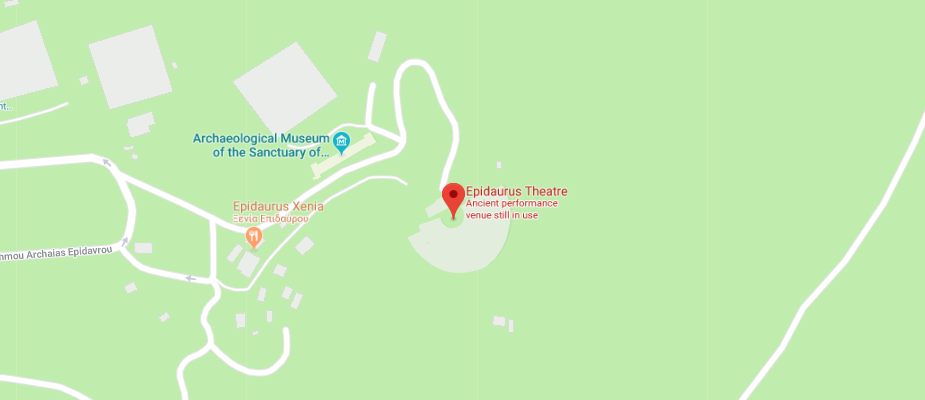Maria Protopappa
Andromache
By Euripides

We are transported far from the great city-states, deep into the Greek countryside: to Thessaly, Phthiotis, and, finally, Thetideion. To the house of Neoptolemus, Achilles’ son. The fierce, ruthless, and irreverent hero of the Iliad, the one who cemented the victory of Greeks at Troy, now proves incapable of fulfilling his roles as a father, husband, and leader. He flees in search of a cure at Apollo’s oracle in Delphi. His war-fuelled frenzy has tainted his marital bed, his house, and his city. Before the eyes of the woman he irreparably wronged, he will receive the retribution known as “the punishment of Neoptolemus.” The country, the province, now decimated, is represented by a grotesque Chorus of women, abandoned, fearful, resigned, and bewildered.
In an inversion of the heroic Iliad, Euripides in Andromache lays bare the arrogance of the Greeks and the illusion of their cultural superiority. The pre-war promises for a united and mighty nation are dispelled amid a landscape ripe with decay, ageing, fear, and envy. The burden of responsibility falls not only on the architects of destruction but also on those who placed their beliefs in them and played a part in the collapse of values through their complacency. It is the next generation that must pay the price.
Performance in Greek with Greek and English surtitles
Related Events
Duration 1.30’
Ancient Theatre of Epidaurus
- 08/08 until 09/08/2025 at 21:00
all events
Opera | Theatre | Dance | Premiere | Greek Debut
all venues





